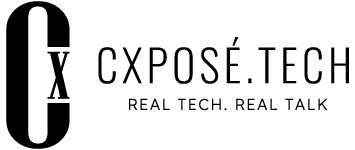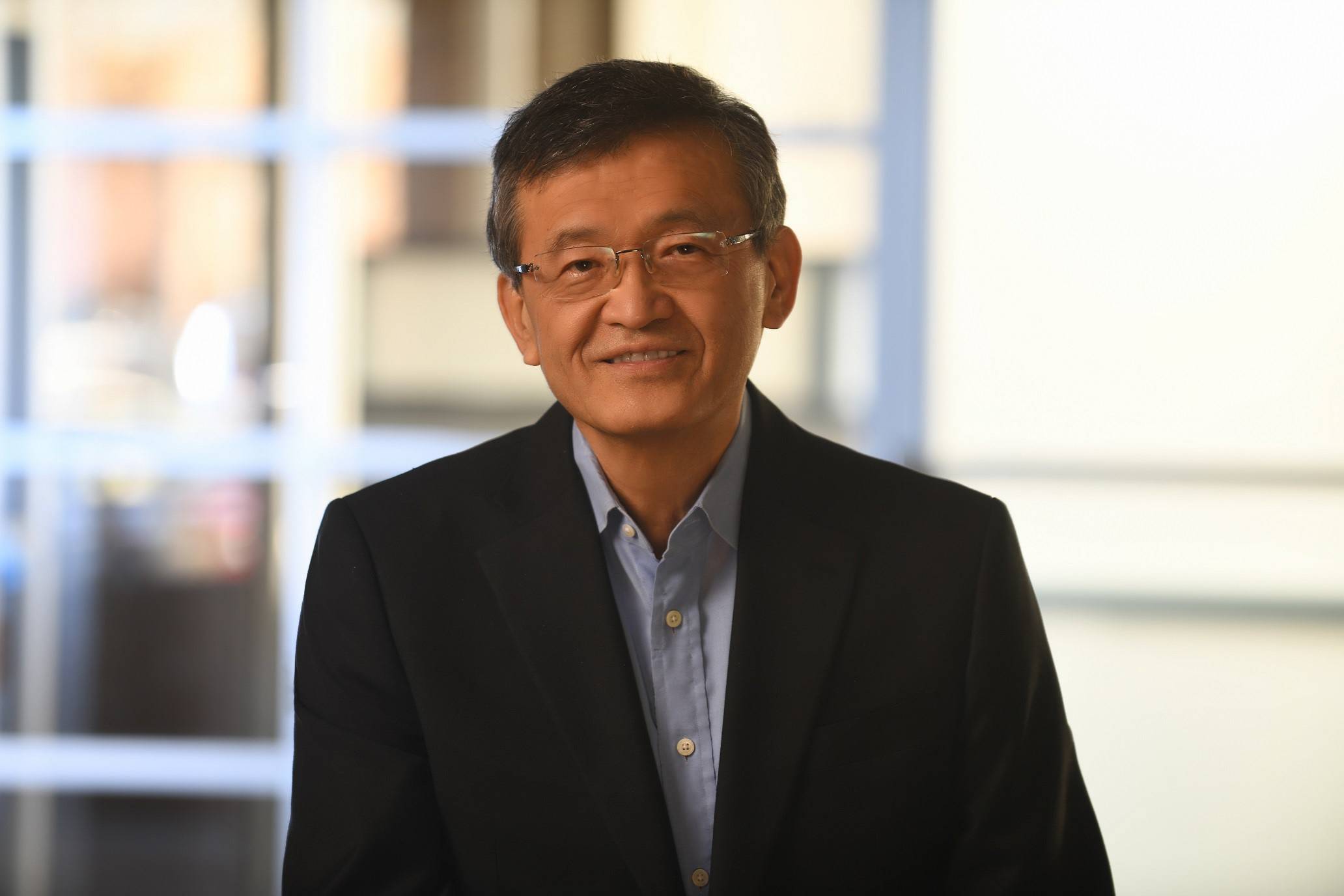A stocktake of the global progress towards The Sustainable Development Goals (SDG) is hardly optimistic. With 2030 almost in sight, only a mere 15 percent of measurable targets set under the SDG is still on track.
But as the SDG report highlights, it is now up to all of us to ensure that the Global Goals are achieved on time. As we remain focused on the road ahead, how can tech leaders, brands and partners work together with their customers towards a more sustainable future, while keeping businesses afloat?
According to Forrester’s Green Market Revolution Forecast, 2023 To 2050 (Global), cumulative global green market revolution spending will hit $8 trillion annually by 2030; total spending between 2023 and 2050 will exceed $325 trillion.
The green market revolution presents organizations with three main objectives for sustainable business:
- reducing the environmental footprint of their own operations;
- making existing commercial products and services more sustainable;
- and creating entirely new products and services to fulfill green market opportunities.
Over the past few months, we’ve seen more reports on how measurable sustainability actions can bring about real business impact, how more organizations are working to become more accountable, and that customers are demanding for businesses and their partners to take action on sustainable goals.
Cleaning House for Operational Sustainability
BT is no stranger to addressing customer needs in accelerating their sustainability goals. Sarwar Khan, Global Head of Sustainability, BT outlines topline measurements that can help businesses first identify where reduction can happen.
Besides measuring carbon emissions, BT also looks at helping customers reduce e-waste, and establish circularity goals, such as recycling or reusing in an environmentally responsible way.
In short, BT walks the talk when setting sustainability goals, and being transparent about how they achieve it, and using their best practices to support their customers and extended partner networks in reducing operational waste.
Polly Mitchell-Guthrie, VP of Industry Outreach and Thought Leadership, Kinaxis echoes the importance of reducing carbon emissions as part of an organization’s work, but also points out that whilst a company’s own operations constitute Scope 1 and an extension into Scope 2 emissions, Scope 3 emissions contributed through a company’s supply chain can contain 11.4 times more emissions than of its own operations.
“In some industries, the supply chain is as much as 95% of a company’s emissions, if we don’t address supply chains we are ignoring the majority of the emissions. The impressive corporate commitments so many companies have made will not make a dent unless they make their supply chain a key part of the solution.”
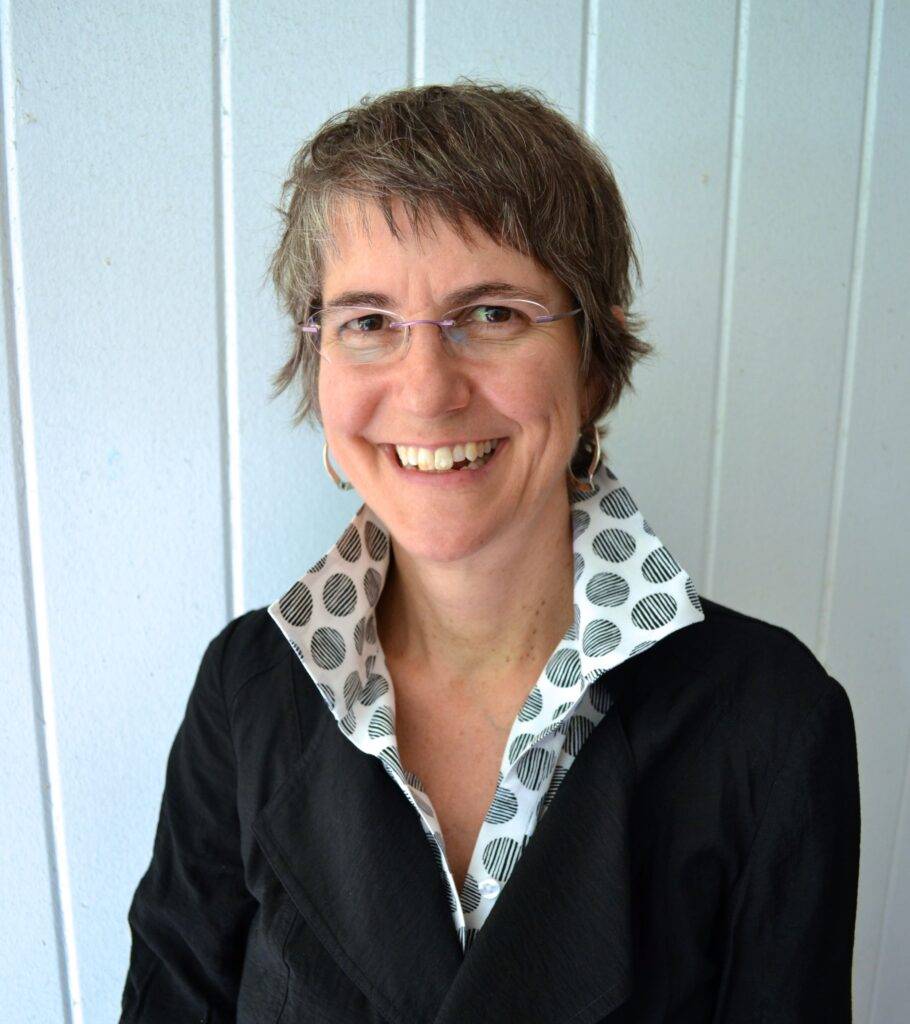
Polly Mitchell-Guthrie
VP of Industry Outreach and Thought Leadership, Kinaxis
While technology partners such as BT and Kinaxis leverage their solutions to help customers reduce emissions through better use of technology, data and reports technology and solutions providers, brands owners can also play an active role in establishing best practices within their own industries, and promote circular practices to benefit communities and customers in the long run.
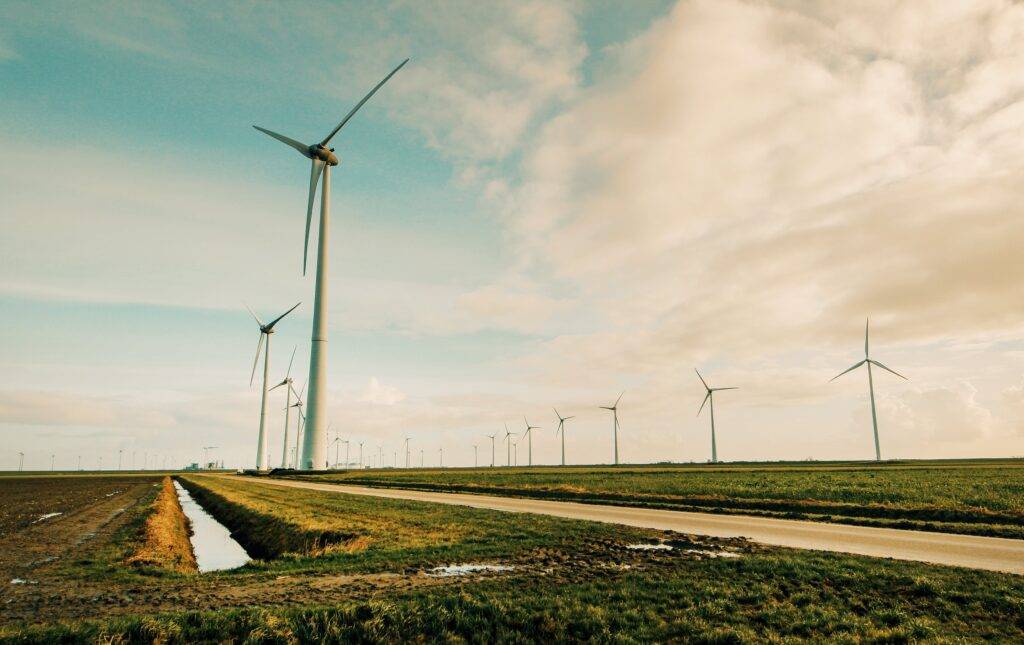
Making Existing Products and Services More Sustainable
In their recently released annual trend report on what matters to consumers, Human8 and Space Doctors (a Certified B Company) expertly mapped a number of actions which brands can take to move from doing “less harm to more good.”
85% of consumers surveyed across five markets in Asia (China, Hong Kong, Philippines, Singapore, Thailand) wanted brands to be more transparent and to provide information about their sustainability efforts. While not every business can aim to be like Patagonia, being transparent about sustainability practices, and bringing a focus back to creating a more circular economy within a brand’s service/product ecosystem can play a critical role in creating more good.
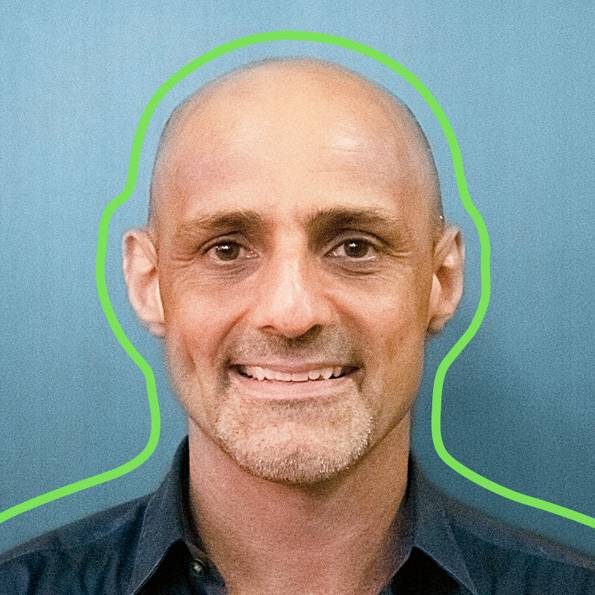
Maz Amirahmadi
Managing Director, APAC, Human8

Maya Madhusoodan
Managing Director, Space Doctors APAC
One of Human8’s clients, Pernod Ricard, showcases its commitment to corporate social responsibility and sustainable development by promoting regenerative agriculture, particularly cover crops, at their Helan Mountain vineyard in China.
They strive to restore soil health, enhance ecological resilience, and preserve biodiversity, contributing positively to the climate and local communities. With a focus on achieving a net-zero future, they prioritize diversity, fairness, and responsible alcohol consumption while embracing circular solutions.
“A holistic view of wealth and value can make a huge difference to designing businesses. This requires a holistic systemic change of viewing crucial aspects of business like material sourcing (i.e. looking at alternatives that can be either grown in less extractive conditions or non-virgin material) or finding alternatives to greener supply chains,” says Maya Madhusoodan, Managing Director, Space Doctors APAC.
Making Sustainability a Core Business Focus
To help organizations make good of their promises to meet net zero emissions goals, and tap on billion dollar opportunities in green market revolution spending, more technology providers are developing new service models and solutions to simplify reporting and action-planning. Start-ups are leading the way in reimagining how familiar technologies like AI, and blockchain can be used in green tech – for example, First Mode focuses on decarbonization solutions through retrofitting existing industrial fleets (trucks, etc.) and power systems.
While closer to home, Red Dot Analytics, a deep tech spin-off from Nanyang Technological University (NTU) Singapore, works on a triad of value bringing risk management, energy conservation and sustainability management for their customers with the help of AI.
The Climate Economy can no longer be ignored. With US$ 390B+ in federal decarbonization funding by the US inflation reduction act alone, and more investors from private sector fundings such as the Asia Pacific Climate Change Fund by ADB, building a more sustainable and resilient economy has to be part of all organizations’ core focus.
Aligning sustainability goals as a core business focus can also foster trust with an increasing number of customers seeking products and services from environmentally responsible entities. Organizations can also actively involve their customers in the sustainability movement through initiatives such as educational campaigns, providing eco-friendly alternatives, and encouraging sustainable practices.
“By making customers a part of the sustainability journey, organizations not only empower their customers to make conscious choices but also cultivate a sense of shared responsibility. Such collective efforts will pave the way for a more sustainable and conscientious future,” said Sarwar.
Moving Away from Climate Skepticism
Today, 9.87 million employees, across 41 countries and 58+ industries are in The Climate Pledge. But are consumers getting impatient with organizations who have yet to walk the talk when it comes to meeting sustainability expectations?
“Whilst climate skepticism may be on the rise, we believe it is far outweighed by the rise in climate anxiety. For many, 2023 has been the year that they’ve witnessed firsthand the impacts of climate change. It has become real. It is happening now. In our global survey of more than 13,000 people we found that 8 in 10 are seriously worried about the future of our planet, where 3 in 4 people globally believe we need to move beyond ‘sustaining’ and into ‘reversing’ the damage done,” says Maz Amirahmadi, Managing Director APAC, Human8.
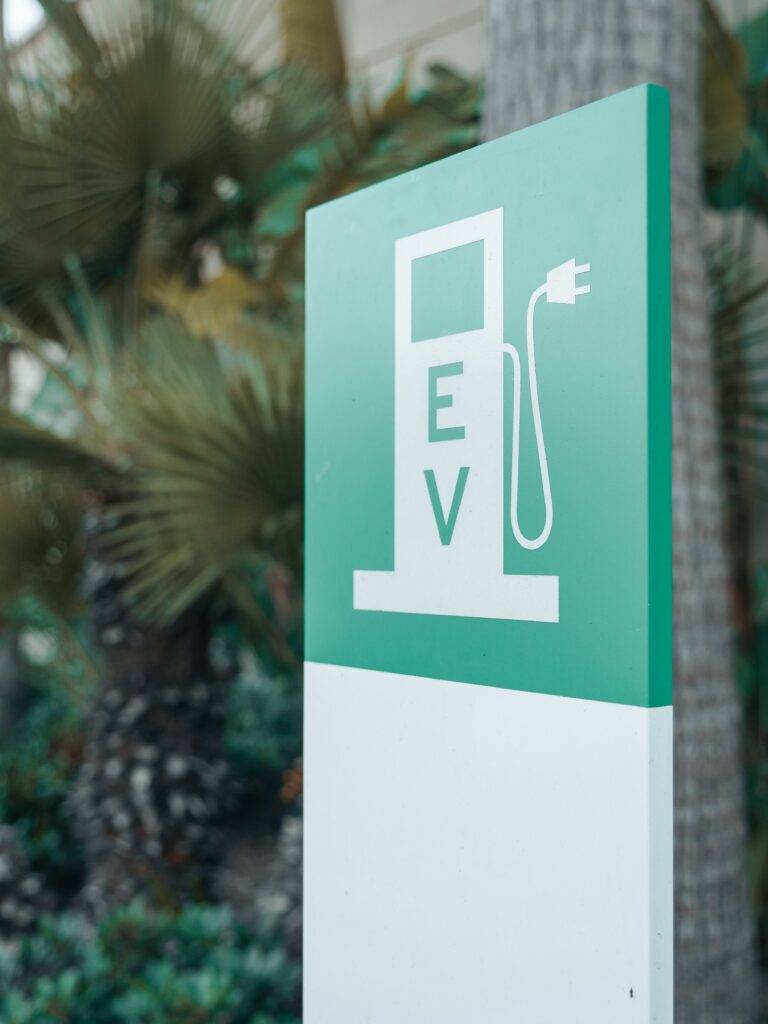
Forrester’s data indicates that the percentage of US online adults who are Convenient Greens rose by 5 percentage points in 2023 as consumers moved away from the extremes to more centrist positions. In 2024, a growing majority of consumers will be increasingly aware of climate change; counterintuitively, climate skepticism is still on the rise. Additionally, factors such as rising living costs and inflation remain core concerns for consumers.
Polly emphasizes that climate skepticism is part of a normal change management process. By showing the value of new models, such as with electric vehicles, and where consumers learn more of the functional benefits of more sustainable products, adoption will grow. “As with any change management process, it can only be successful if the end of journey is better than the start – so in answer to the question, yes customers must benefit from their actions.”
